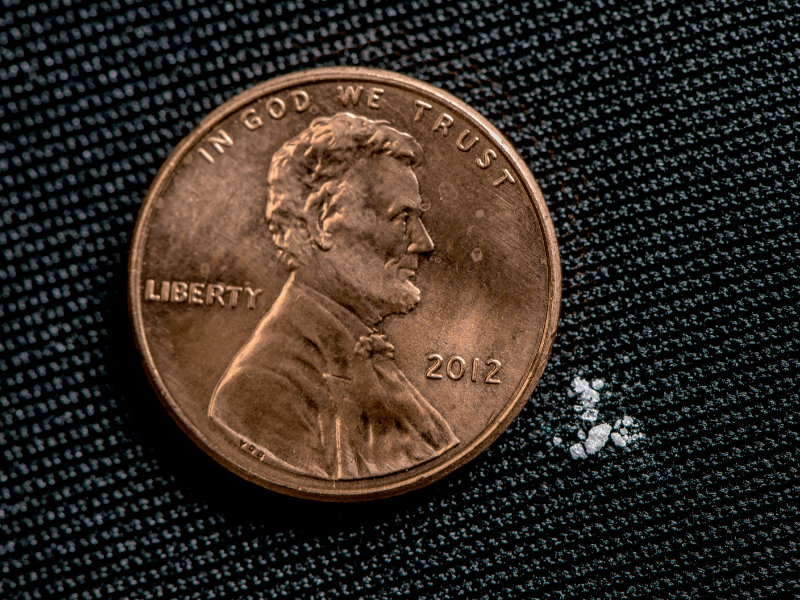China to regulate opioids
April 2, 2019 | Expert Insights

Background
Opioids are substances that act on opioid receptors to produce morphine-like effects. Medically they are primarily used for pain relief, including anaesthesia. Other medical uses include suppression of diarrhoea, replacement therapy for opioid use disorder, reversing opioid overdose, suppressing cough, suppressing opioid-induced constipation, as well as for executions in the United States.
Fentanyl, also spelt fentanil, is an opioid used as a pain medication and together with other medications for anaesthesia. Fentanyl is also used as a recreational drug, often mixed with heroin or cocaine. It has a rapid onset and effects generally last less than two hours. Medically, fentanyl is used by injection, as a patch on the skin, as a nasal spray, or in the mouth.
In the U.S., fentanyl is a Schedule II controlled substance per the Controlled Substance Act. Distributors of Abstral are required to implement an FDA-approved risk evaluation and mitigation strategy (REMS) program. In order to curb misuse, many health insurers have begun to require precertification and/or quantity limits for Actiq prescriptions.
The US and China have had a tense year with an ongoing trade war and a general disagreement over the North Korean de-nuclearization discussions.
Analysis
In a move first promised by Chinese leader Xi Jinping during a December meeting with President Trump, China will enact a blanket ban on variants of fentanyl-related substances.
For years, China’s vast chemical and pharmaceutical industry exploited loopholes in Chinese law to create synthetic painkillers and their precursors that were not explicitly banned.
U.S. officials including Trade Representative Robert E. Lighthizer have pushed Beijing to significantly broaden its list of scheduled substances to cover the entire class of synthetic opioids, their analogues and precursors, and crack down on their unchecked production and export.
Liu Yuejin, a deputy commissioner at the China National Narcotics Control Commission, told reporters Monday that U.S. concerns about the unregulated production and export of opioids have been “resolved, all resolved.”
But Liu reiterated the long-standing Chinese government position that U.S. drug culture and over-prescription by doctors — not China — were to blame for the widespread abuse of synthetic opioids, which can be 50 times more powerful than heroin and are now the leading source of overdose deaths in the United States.
Liu said China’s shipments of opioids to the United States were “extremely limited” — a claim that runs counter to allegations by U.S. law enforcement that the vast majority of fentanyl-like substances originates in China and enters the country through mail parcels.
“If the United States truly wants to resolve its fentanyl abuse problem, it needs to strengthen its domestic work,” Liu said. “Some people link drug consumption with freedom, individuality and liberation.”
U.S. officials generally say that China has offered steady cooperation with Washington on fentanyl — a rare bright spot in bilateral relations — but some would like to see Beijing be more proactive.
A 2015 review by a national interagency task force examining heroin and overdose deaths made no mention of China or how fentanyl is smuggled into the country by mail.
The broad opioid ban is part of a number of concessions that China has offered as it seeks a trade deal, which could come in the coming weeks. China in March fast-tracked a foreign investment law in a show of goodwill.
China’s Foreign Ministry said its top trade negotiator Liu He departed on Monday for Washington, where U.S. and Chinese negotiators are seeking to hammer out a deal that could be presented to Xi and Trump.
Negotiators met last week in Beijing for talks that yielded “new progress,” the Chinese government said.
Assessment
Our assessment is that this move is a goodwill gesture from Beijing in the face of a long trade war with Washington. We also feel that it is a massive diplomatic victory for President Trump who has pushed for China to crack down on US IP violations in the country as well as to counter the open production of cheap synthetic fentanyl which has wrecked communities in the US.








Comments